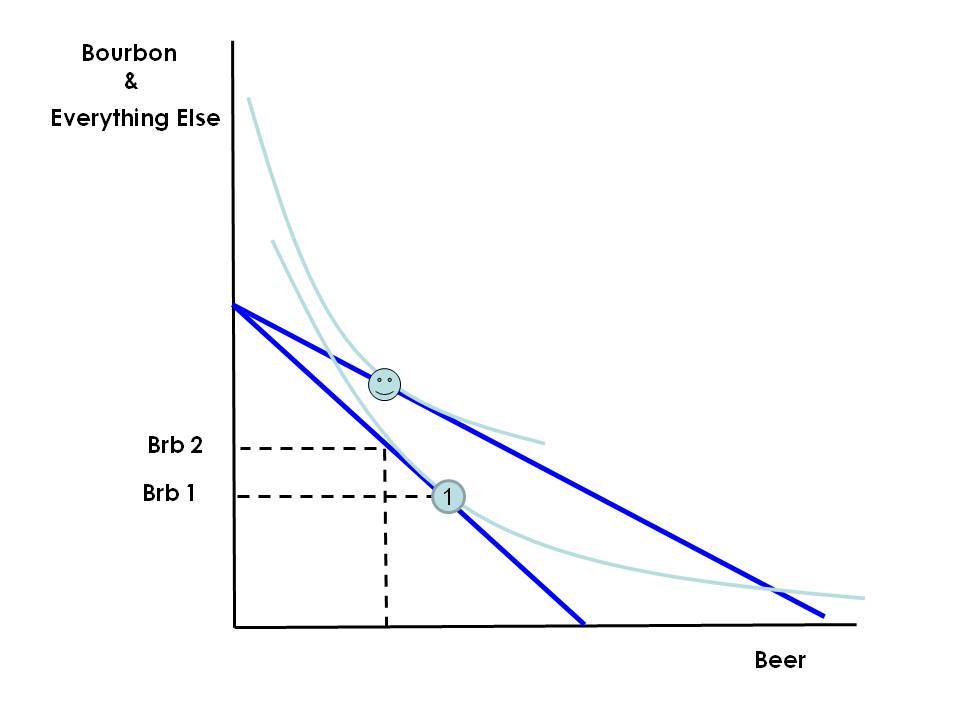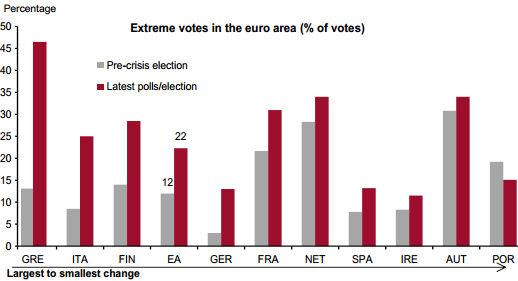Continuing our series of posts about what economists believe, my colleague reminds me of the list at the beginning of Deidre McCloskey’s text, The Applied Theory of Price, available free for download!
Here’s McCloskey in all her rhetorical glory:
Considering the obstacles, economists agree about a surprisingly large number of things. Their agreements, in fact, are often about things that noneconomists would think silly or wrong or even evil. That is, economists are in surprising agreement about surprising statements…
The list of surprising agreements is a long one. Most of the 20,000 or so members of the American Economic Association would answer yes to questions such as:
- If gasoline is taxed to conserve energy, will the quantity consumed go down by a nontrivial amount, despite the protestations of drivers that they cannot do less than the amount they are now consuming?
- Was the rise in the standard of living of the American worker over the last 50 years chiefly a result of better knowledge and more machines rather than of activity by trade unions?
- Is the American Medical Association, far from being a benevolent organization set on improving medical care, in fact a monopolistic trade union like the plumbers, longshoreman, and electricians?
- Does the resting place of the burden of the social security tax depend exclusively on how workers and employers react to a change in wages, and not at all on the legal division of the tax (paid half by workers, half by employers)?
- Is there an optimal amount, greater than none, of polluted air and water, noisy streets and airports, and ruined countrysides?
Although the text was written more than thirty years ago (!), the policy issues still seem rather germane — the burden of social security taxes, energy conservation, rising standards of living. I like the bit about the longshoreman.
McCloskey does not weigh in here on drug legalization, but my guess is that she would argue that economists would agree on certain aspects. First, decriminalization or legalization would definitely lead to more drug use, due to both supply and demand increases. Second, the level of violence associated with organized crime and others would decrease. What there appears to be no consensus on in whether the goods outweigh the bads, or if the distributive implications are desirable, or even whether we want to be a society that “endorses” drug use.
That, my friend, is the classic positive v. normative distinction.










